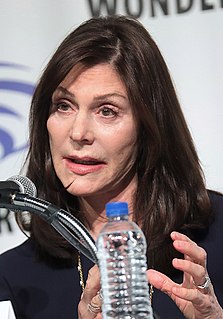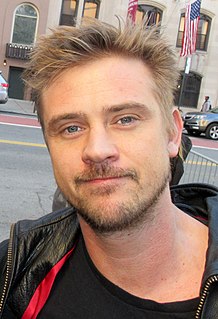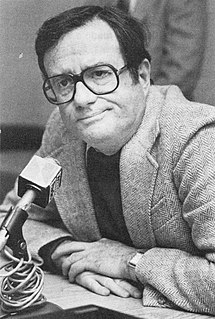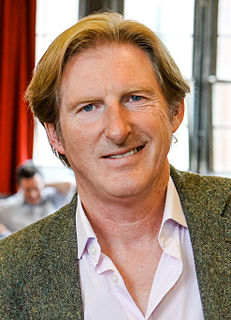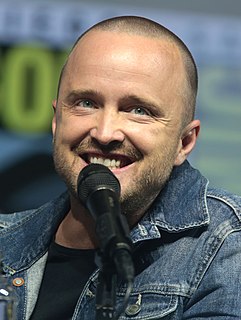A Quote by Stana Katic
I love Cillian Murphy's character in 'Peaky Blinders' and Tom Hardy's in 'Taboo' - theses are characters that, as audience members, we follow along with and root for. But our own morality is tested throughout that journey, because these characters ride a thin line between morality and amorality.
Related Quotes
I have always liked kind of outsider characters. In the movies I grew up liking, you had more complicated characters. I don't mean that in a way that makes us better or anything. I just seem to like characters who don't really fit into. You always hear that from the studio: "You have to be able to root for them, they have to be likeable, and the audience has to be able to see themselves in the characters." I feel that's not necessarily true. As long as the character has some type of goal or outlook on the world, or perspective, you can follow that story.
We're always projecting our moral categories on things. I think that's inevitable. But capitalism places no particular value on morality. Morality in the market is enforced by contract and regulation and law, because morality is understood to be in conflict with the motive force of greed and accumulation.
What, by a word lacking even in grammar, is called amorality, is a thing that does not exist. If you are unwilling to submit to any norm, you have, nolens volens , to submit to the norm of denying all morality, and this is not amoral, but immoral. It is a negative morality which preserves the empty form of the other.
Christian morality (so called) has all the characters of a reaction.... In its horror of sensuality, it made an idol of asceticism, which has been gradually compromised away into one of legality. It holds out the hope of heaven and the threat of hell, as the appointed and appropriate motives to a virtuous life - in this falling far below the best of the ancients, and doing what lies in it to give to human morality an essentially selfish character.... It is essentially a doctrine of passive obedience; it inculcates submission to all authorities found established.

